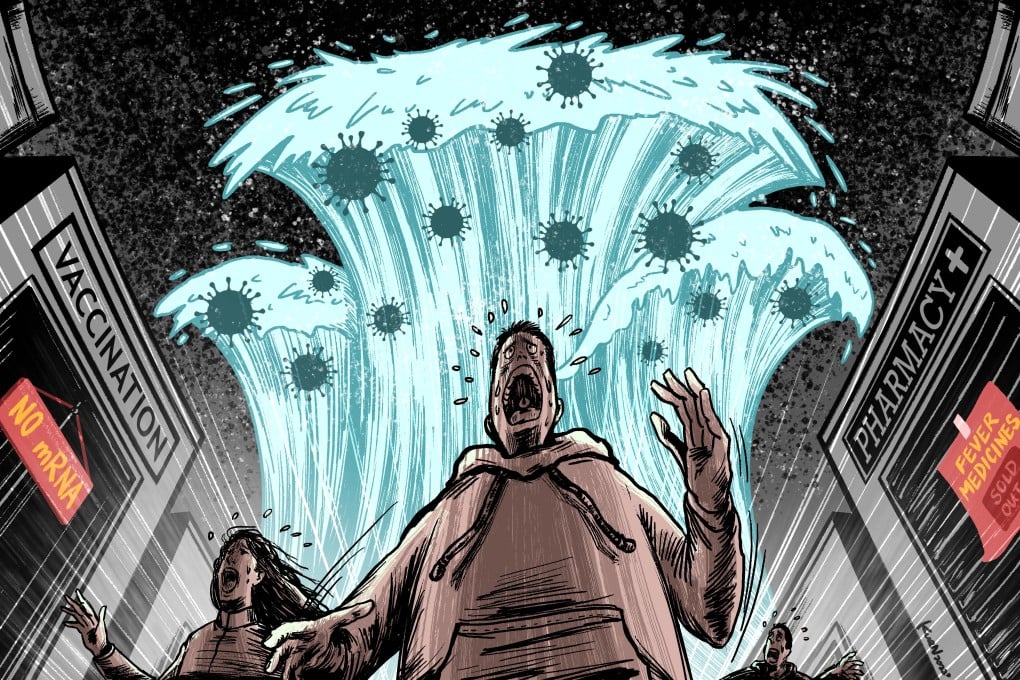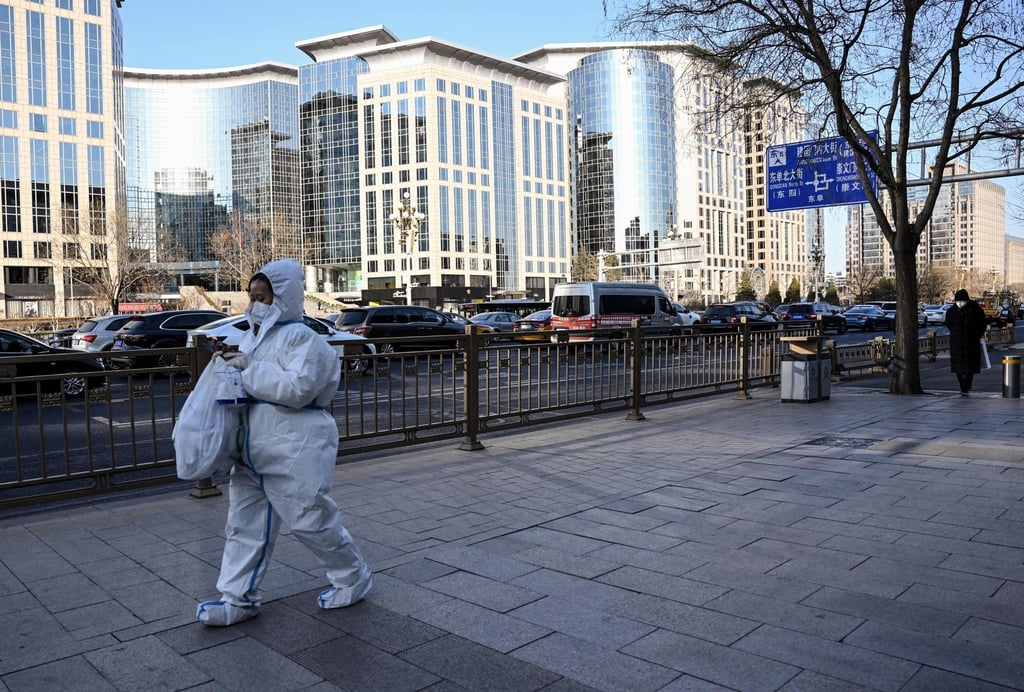China’s sudden shift from Covid-zero raises more questions than answers
- People who were grateful for the precautions are asking why the time wasn’t used to prepare for the current surge
- Officially, daily infections are in the thousands and deaths are minimal but social media outpourings paint a different picture

Wang, who lost his job as an IT engineer when his multinational employer divested from China during zero-Covid, did not expect the lifting of the policy to throw his life into further disarray.
Four days after China’s December 7 pivot away from zero-Covid, Wang took his family out for lunch. It was the first Sunday in months that Beijing’s restaurants were once again accepting dine-in customers.
The next day, Wang and the family became sick, with his two daughters running fevers as high as 40 degrees Celsius (104 Fahrenheit). After months of strict government controls on the sale of cold and flu treatments under Covid-zero, there were no fever medicines at home.

Wang rushed to chemists and online pharmacies, only to find their supplies of ibuprofen and paracetamol – popular fever and pain reducing drugs recommended for Covid-19 patients – had been snapped up.
“For the first time in my life, I felt desperate,” Wang said. “I rode my scooter and searched drug stores one after another for two hours. And I got no pills.”